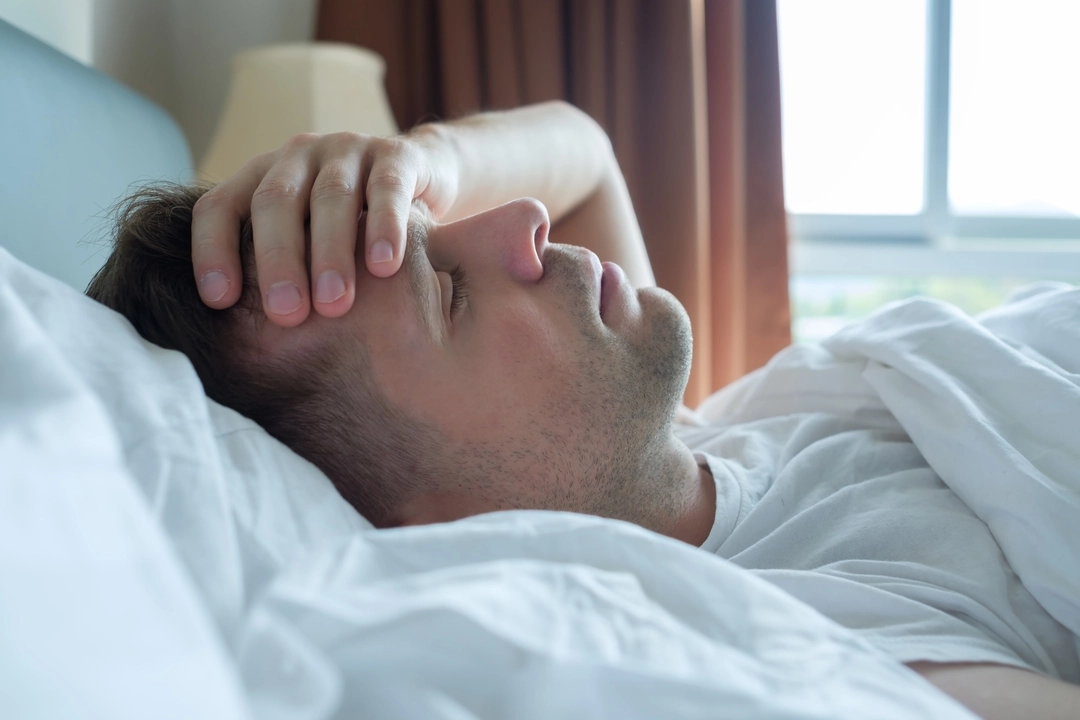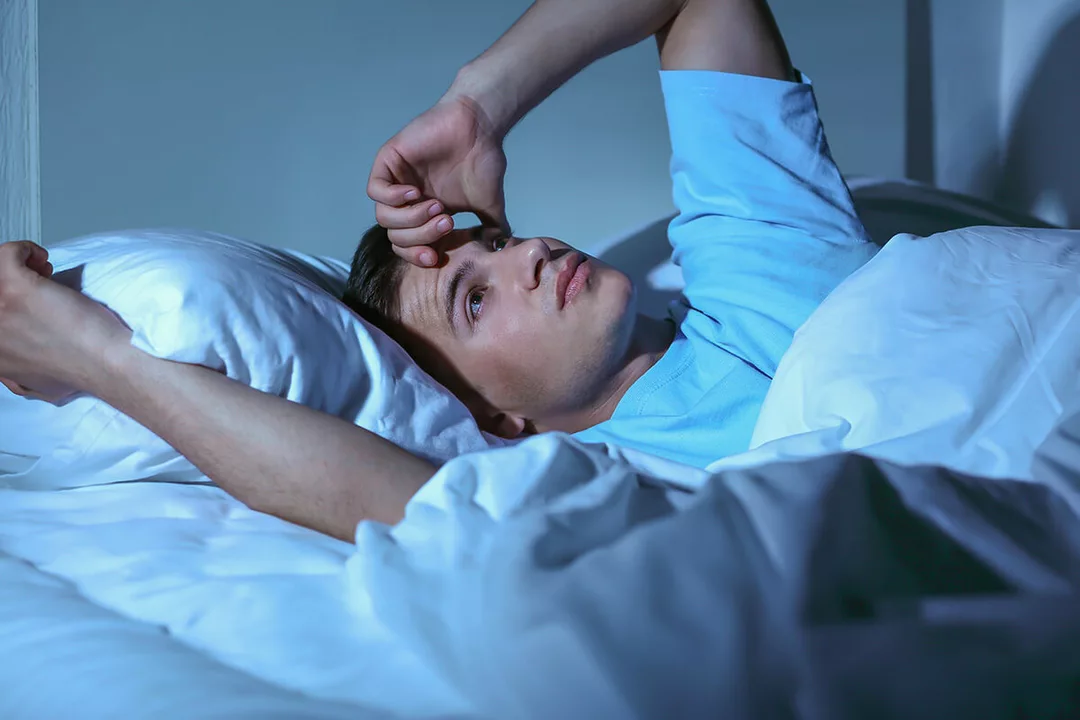Sleep disorders: clear, practical help for better sleep
Struggling to fall asleep or waking up exhausted? That’s not just tiredness — it could be a sleep disorder. These problems range from insomnia to sleep apnea and restless legs. The good news: many causes are treatable and you can get better sleep with simple changes and the right care.
Quick signs and tests
Watch for these red flags: trouble falling asleep more than 30 minutes, waking several times a night, daytime sleepiness that affects work or mood, loud snoring with gasping, or an irresistible urge to move your legs at night. If any of these sound familiar, start a sleep diary for two weeks: note bedtimes, wake times, naps, caffeine and alcohol. That diary helps your doctor decide if you need tests. Common tests include overnight oximetry, home sleep apnea testing, or an in-lab polysomnography. For insomnia, a sleep specialist may use questionnaires and a sleep diary rather than a machine.
Practical fixes and treatment options
First fix what you can at home. Keep a steady sleep schedule—go to bed and wake up at the same time every day. Cut caffeine after mid-afternoon and limit alcohol close to bedtime. Make your bedroom dark, cool and quiet. Put screens away an hour before bed. Try short relaxation routines like deep breathing or 10 minutes of stretching rather than scrolling.
Cognitive Behavioral Therapy for Insomnia (CBT-I) is a top choice. It teaches simple habits and changes to stop the cycle of worrying about sleep. Many people do better with CBT-I than long-term sleeping pills.
When a medical treatment is needed, options depend on the diagnosis. For obstructive sleep apnea, CPAP or a dental device can stop airway collapse and improve daytime energy fast. For restless legs, iron checks and specific medications help. Short-term sleep medicines can work for acute insomnia, but they carry risks when used long-term. If you’re looking at medications, read our articles on Alprazolam alternatives and Gabapentin alternatives to understand pros and cons.
Some antidepressants, like nortriptyline, cause drowsiness and are sometimes used off-label for sleep — but they aren’t right for everyone. Over-the-counter choices such as melatonin can help with circadian issues. Antihistamines may make you sleepy, but they can leave you groggy the next day. Always talk to a clinician before trying new meds; they’ll weigh benefits, side effects, and interactions with other drugs you take.
If you snore loudly and wake gasping, or if daytime sleepiness makes driving unsafe, see a doctor now. Sleep disorders affect health, mood, memory, and heart risk. Start with a sleep diary, try the home fixes above, and check our related guides on medication choices and safe online pharmacy options if you need to compare treatments. Better sleep is usually within reach — one practical step at a time.

The Connection Between Sleep Disorders and Headaches
As a blogger, I've recently discovered a significant connection between sleep disorders and headaches. It turns out that poor sleep quality or disruptions to our sleep patterns can lead to tension headaches and even migraines. Additionally, sleep disorders like insomnia and sleep apnea can exacerbate these issues, causing a vicious cycle of poor sleep and headache pain. It's crucial for us to prioritize good sleep hygiene and address any potential sleep disorders to not only improve our overall health but also reduce the frequency and intensity of headaches. Remember, taking care of our sleep is vital for a happier and healthier life!
May 27 2023
Porphyria and Sleep: How to Improve Your Sleep Quality
I recently delved into the connection between Porphyria and sleep, and found that people with this condition often struggle with sleep quality. It's essential to understand how this disorder can impact our rest, as it affects the production of heme, a vital component of hemoglobin. To improve sleep quality, it's crucial to maintain a consistent sleep schedule, create a relaxing bedtime routine, and ensure a comfortable sleep environment. Additionally, managing stress and seeking professional guidance can further help in achieving better sleep for those living with Porphyria. I hope sharing this knowledge will assist those affected in getting the restorative sleep they need.
May 6 2023